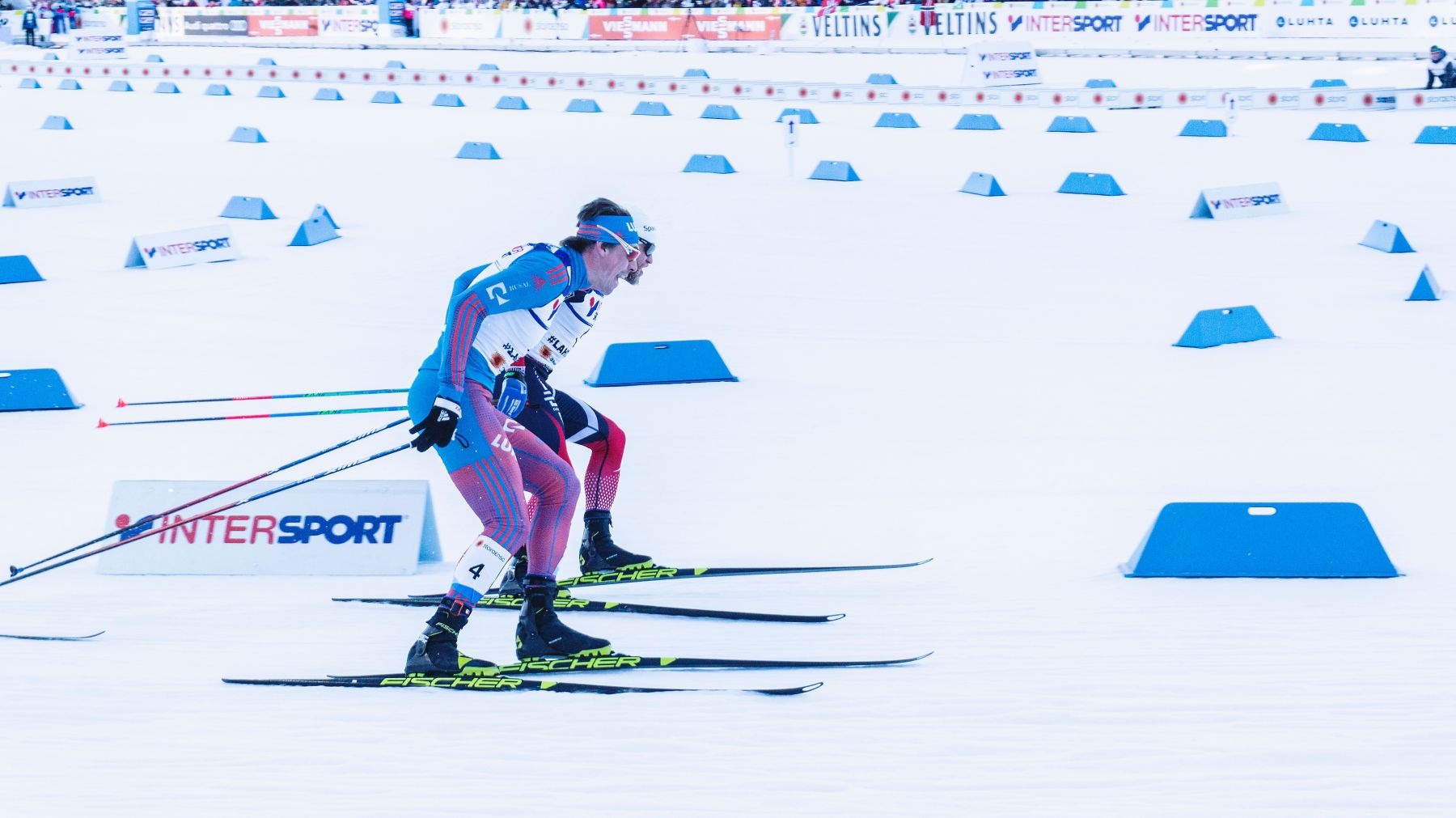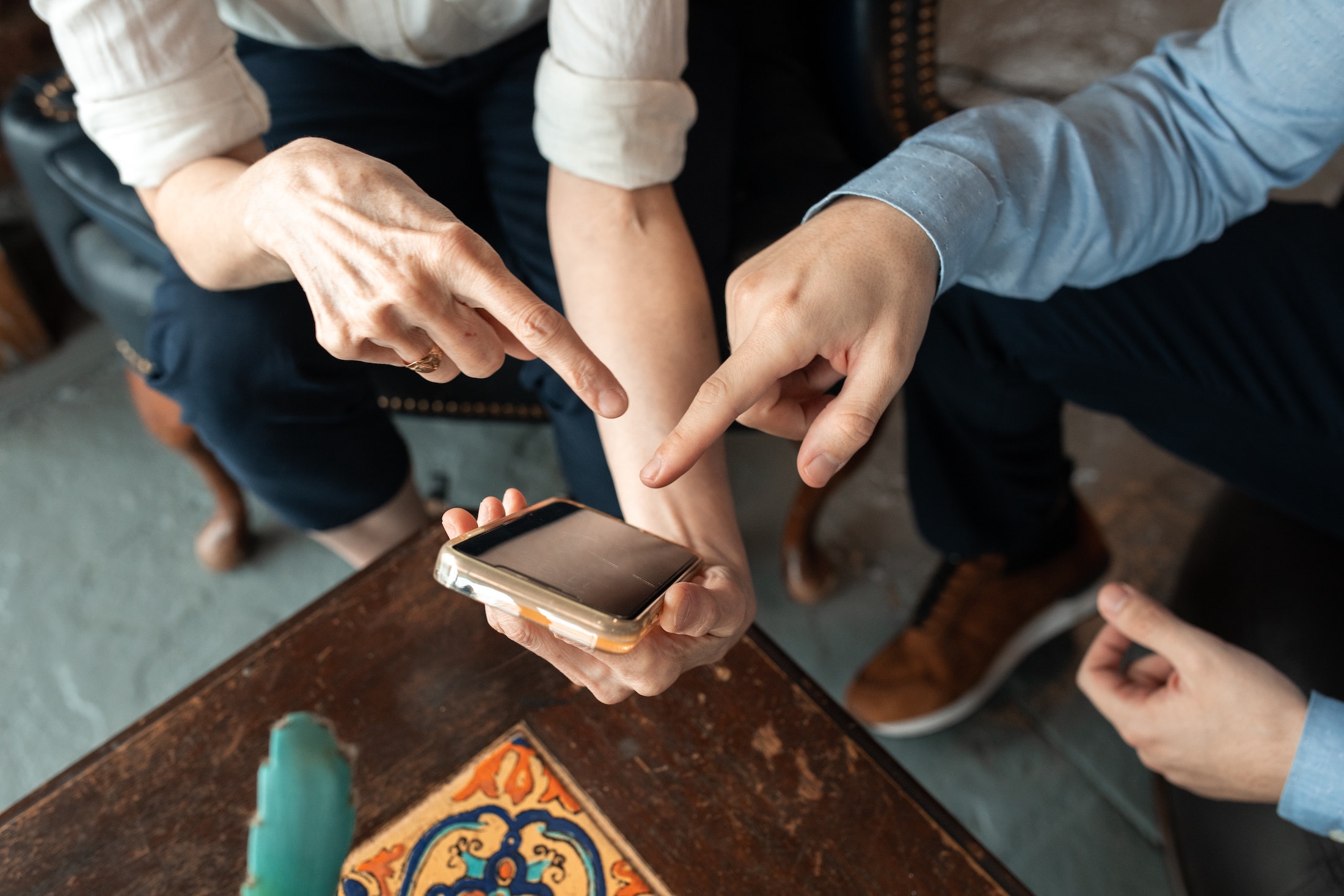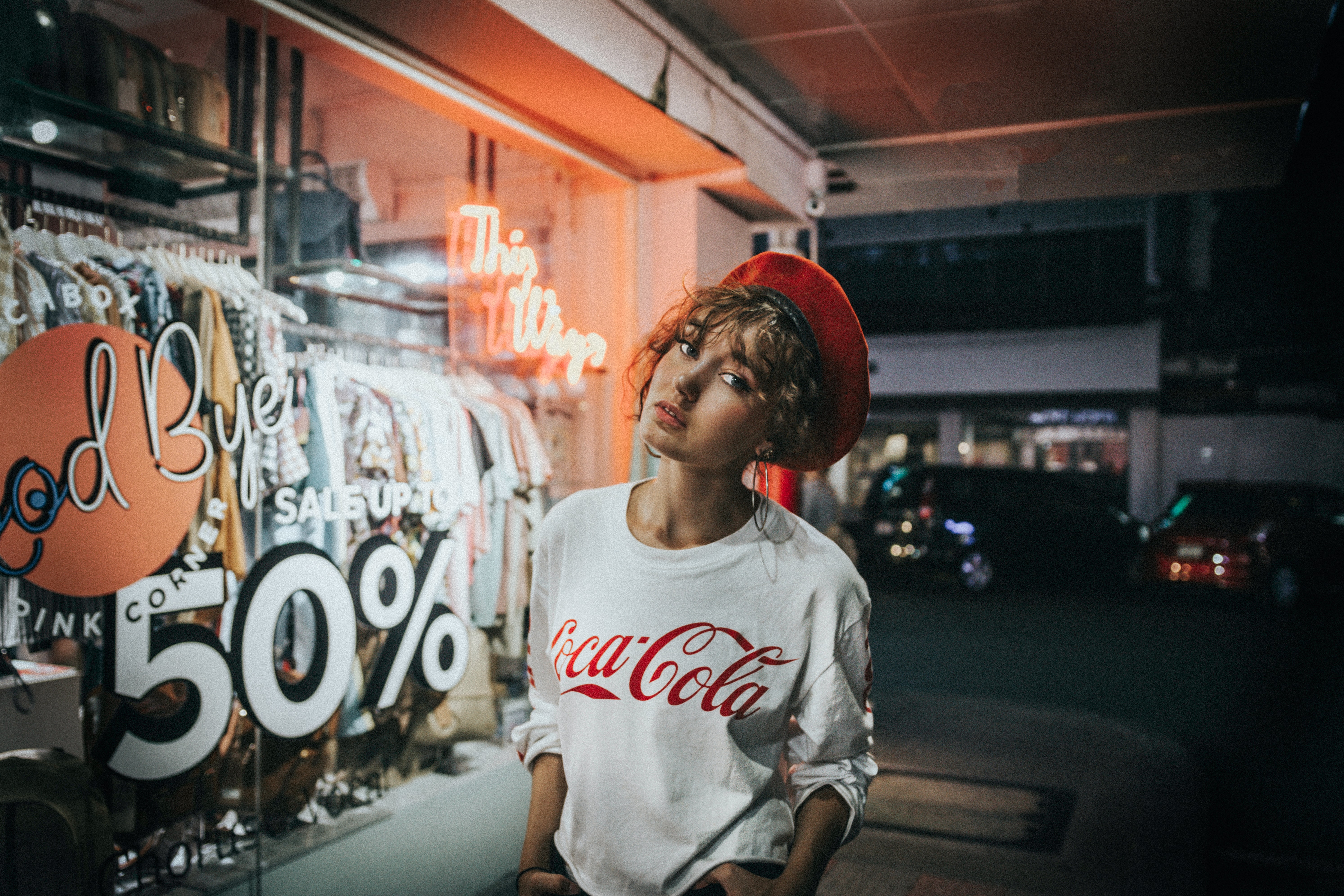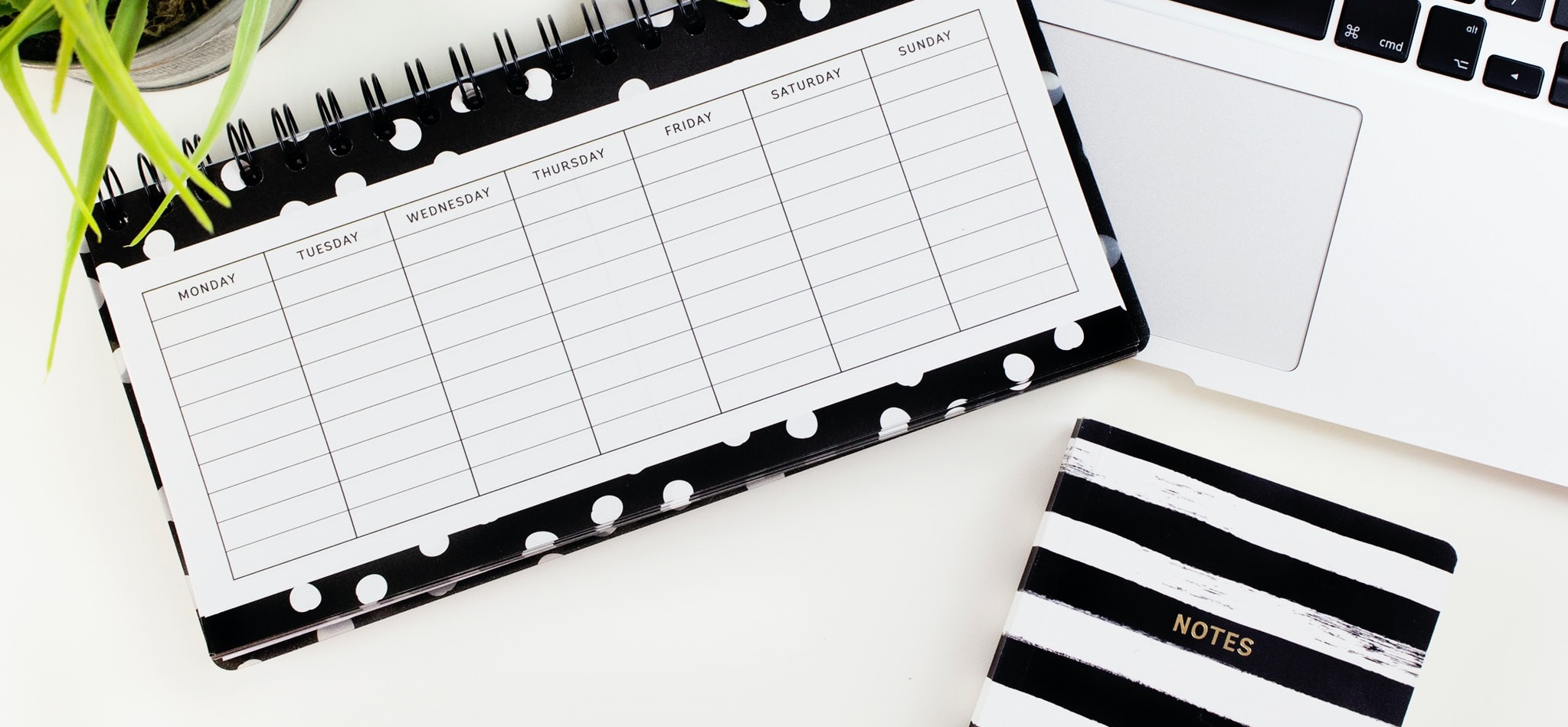The PyeongChang 2018 Olympic Winter Games are right around the corner, so get ready for a ton of social media posts about it. Everyone loves watching the games, talking about it, and supporting their favourites athletes. Marketers are especially interested; there’s no better time to display your product than when everybody is watching!
But being an official sponsor of the Olympic games isn’t so simple. There are guidelines and rules you need to follow or you’ll get into trouble with the International Olympic Committee (IOC). Especially when it comes to the infamous Rule 40.
How Olympic Marketing Works
The IOC selects brands which they allow to advertise for and during the Olympic games. These brands are known as official sponsors. These sponsors are given a set of rules and guidelines that they must follow if they want to keep their official sponsor status. This is to ensure the Olympic brand maintains its image and integrity.
Anybody unofficially marketing using the Olympics games? Don’t worry, the IOC has several programmes in place and intense monitoring to stop that from happening.
Rule 40 and unofficial sponsors
Rule 40 is a less-than-beloved rule from the IOC which prevents athletes and their sponsors (deemed “unofficial sponsors”) from promoting themselves or their brand alongside the Olympic games.
According to the Olympic Charter, Rule 40 states: “Except as permitted by the IOC Executive Board, no competitor, team official or other team personnel who participates in the Olympic Games may allow his person, name, picture or sports performances to be used for advertising purposes during the Olympic Games.”
This means that if you are an athlete or you sponsor an athlete and are not an official Olympic sponsor, you cannot advertise yourself in relation to the PyeongChang 2018 winter games. It’s a big problem for sponsors. Just check out our analysis of the Rio 2016 games.
What can and can’t athletes/unofficial sponsors do?
Not much. For one, all Olympic and Olympic-related terms are banned on social media (and any other type of media):
- Olympic
- Olympics
- Olympic Games
- Olympiad
- Olympiads
- The Olympic motto “Citius – Altius – Fortius” and any translation of the Olympic motto
- 2018
- Pyeongchang
- Gold
- Silver
- Bronze
- Medal
- Effort
- Performance
- Challenge
- Summer
- Games
- Sponsors
- Victory
- Olympian
Looks like all the best hashtags, doesn’t it? Images and videos related to the games are also banned. The IOC doesn’t hold back when preventing it’s stars from benefiting from the games.
If you’re a marketer and still want to take advantage of the Olympic rush, there are a few things you can try:
You can try vaguely referencing the games, using your creative wit to carry the message.
Athletes we don’t sponsor in today’s sun. Three legged race in coffee capital ? Well done athlete. #rule40 sucks!! pic.twitter.com/2iDKhmDPH1
— HUUB Design (@HUUBDesign) September 4, 2016
Or you can directly address Rule 40 and refer to it as the reason you can’t say what you want to say.
the #ioc is out of bounds in policing athletes’ social media accounts. #rule40 pic.twitter.com/pUkppTo1Ck
— rule40 (@rule40) July 30, 2016
Or you can simply celebrate an athlete, and hope the audience can make the connection as to why they’re relevant during the games
What about if you’re not an unofficial sponsor or athlete? Don’t worry, you’re safe. Regular folk can post whatever they want about the games.
Have any ideas for getting around the Rule 40 and the IOC’s promotional restrictions? Want to share your opinion on the predicament? Let us know in the comments below!







